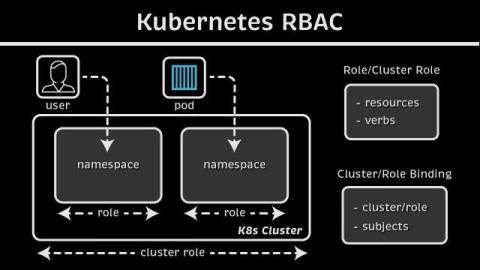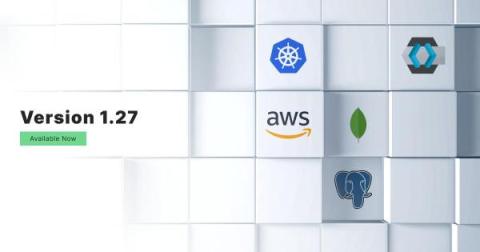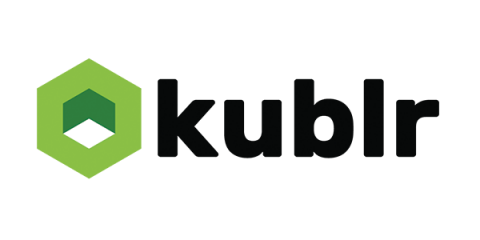Operations | Monitoring | ITSM | DevOps | Cloud
Latest Posts
Introduction to Kublr with Ceph
Navigating Security Challenges in Kubernetes Orchestration Platforms
As Kubernetes solidifies its position as the standard for container orchestration, it’s imperative to examine the associated security challenges. Kubernetes brings powerful capabilities to the enterprise and introduces new attack vectors and potential vulnerabilities. Here at Kublr, we sat down with our best experts to discuss how our team solves security challenges and how Kublr helps clients mitigate them.
Kublr Release 1.27
Kublr team is happy to announce the new release 1.27, which we have been carefully crafting in previous months. At Kublr, we support six different versions of Kubernetes and a bunch of different clouds, so our team is focused on thoroughly testing each changed component and maintaining backward compatibility.
Reaping the Benefits of Multi-Cluster Orchestration in Kubernetes
The rise of containerization has precipitated an unprecedented shift in the software development landscape, with Kubernetes emerging as the de facto standard for managing large-scale containerized applications. One of the more nuanced aspects of Kubernetes that is gaining attention is multi-cluster orchestration. This approach to cluster management offers several compelling advantages that reshape how businesses operate and innovate in a cloud-native context.
Understanding Kubernetes Network Policies
Kubernetes has emerged as the gold standard in container orchestration. As with any intricate system, there are many nuances and challenges associated with Kubernetes. Understanding how networking works, especially regarding network policies, is crucial for your containerized applications' security, functionality, and efficiency. Let’s demystify the world of Kubernetes network policies.
Top Trends in DevOps - ChatGPT
The world of DevOps is constantly evolving and adapting to the needs of the software development industry. With the increasing demand for faster and more efficient software delivery, organizations are turning to modern technologies and practices to help them meet these challenges. In a series of articles on the Kublr blog, we will take a look at some of today’s top DevOps trends.
New Kublr Version 1.25
The Kublr team is excited to announce the general availability of version 1.25, providing customers with the most flexibility and customization possible to manage their Kubernetes-based infrastructure via Kublr’s single pane of glass, to-date.
Top Trends in DevOps - Low-Code Applications
The world of DevOps is constantly evolving and adapting to the needs of the software development industry. With the increasing demand for faster and more efficient software delivery, organizations are turning to modern technologies and practices to help them meet these challenges. In this series of articles on the Kublr blog, we will look at some of today’s top DevOps trends.
Top Trends in DevOps - Serverless Computing
The world of DevOps is constantly evolving and adapting to the needs of the software development industry. With the increasing demand for faster and more efficient software delivery, organizations are turning to modern technologies and practices to help them meet these challenges. In a series of articles on the Kublr blog, we will take a look at some of today’s top DevOps trends.










